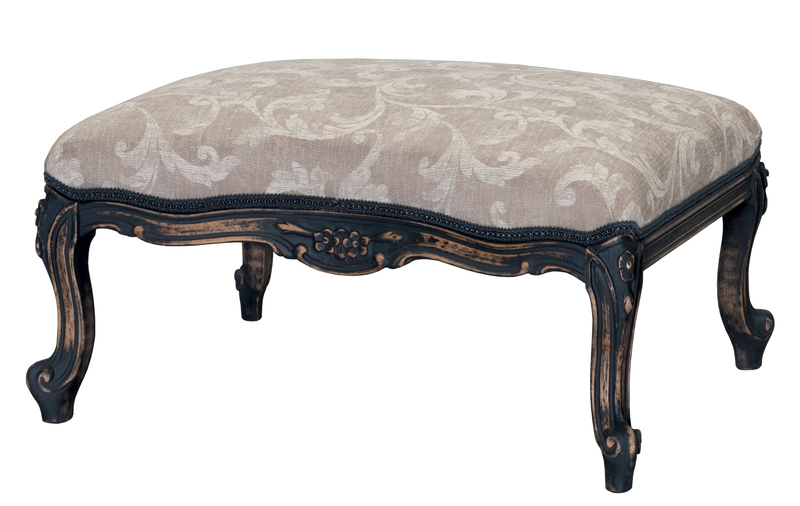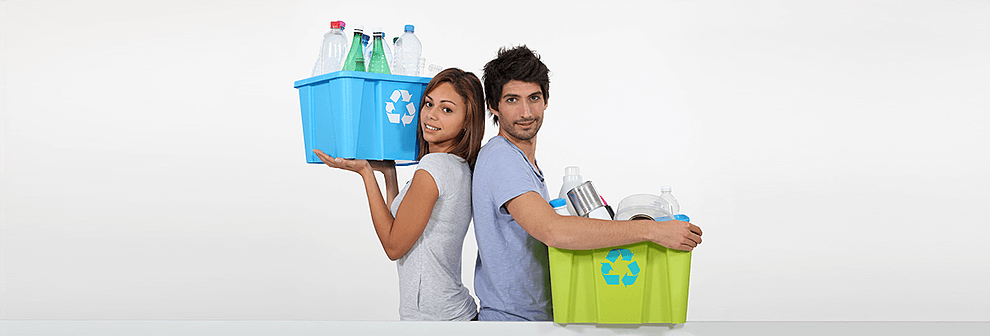Minimalism: Key Advantages
Posted on 24/05/2025
Minimalism is a lifestyle choice that emphasizes simplicity, intentional living, and the reduction of excess. This movement, which has gained momentum in recent years, encourages individuals to focus on what truly matters by removing the clutter--both physical and mental--from their lives. Whether through decluttering your home, simplifying your wardrobe, or prioritizing your commitments, minimalism offers numerous benefits. In this article, we'll explore the key advantages of minimalism and how adopting this lifestyle can lead to a more fulfilling life.
Improved Mental Health
One of the most profound benefits of minimalism is its positive impact on mental health. Living in a cluttered environment can cause feelings of stress and anxiety. A minimalist lifestyle promotes a clear and organized space, which can lead to a clearer and more focused mind. Instead of feeling overwhelmed by the constant bombardment of possessions and choices, minimalism allows you to focus on what truly matters, contributing to a sense of peace and mental well-being.

Financial Freedom
Minimalism encourages people to buy less and make more intentional purchases. By focusing on quality over quantity, individuals can save money and reduce financial stress. Fewer purchases mean fewer expenses, leading to increased financial stability and freedom. This surplus money can be directed towards experiences, savings, or investments, contributing to long-term financial health and stability.
Environmental Impact
The minimalism movement aligns closely with environmentalism. By consuming less and being more mindful of our choices, we reduce waste and our overall environmental footprint. Choosing sustainable, eco-friendly products, and reducing unnecessary consumption, contributes positively to the environment, promoting a more conscious and responsible way of living.
Enhanced Relationships
Minimalism extends beyond possessions and into personal relationships. By prioritizing meaningful connections over superficial ones, minimalists can build deeper and more satisfying relationships. Focusing on quality time rather than material gifts allows for stronger bonds and more genuine interactions. This shift enhances emotional well-being and personal satisfaction, creating a more supportive and enriched social network.
Increased Productivity
Minimalism also significantly boosts productivity. A clutter-free environment minimizes distractions, allowing you to focus better on tasks at hand. This streamlined approach encourages better organization, time management, and efficiency. Whether it's in your personal or professional life, embracing minimalism can help you achieve your goals more effectively.
Personal Growth
By stripping away the unnecessary, minimalism allows individuals to focus on personal growth and self-improvement. With fewer distractions, there's more time for self-reflection, learning new skills, and pursuing passions. This intentional focus on personal development leads to a more fulfilling and purpose-driven life.
Pros and Cons
Pros:
- Improved mental clarity and reduced stress.
- Financial savings and increased financial freedom.
- Positive environmental impact.
- Stronger, more meaningful relationships.
- Increased productivity and efficiency.
- More time and focus on personal growth.
Cons:
- Initial difficulty in letting go of possessions.
- Social pressure to conform to consumerist lifestyles.
- Potential for over-simplification and lack of resources.
Tips for Embracing Minimalism
1. Start small: Begin with one area of your life, such as your wardrobe or a single room, and gradually expand.
2. Prioritize quality: Invest in high-quality items that will last longer and bring you more satisfaction.
3. Set clear goals: Define what minimalism means to you and set realistic goals to achieve it.
4. Declutter regularly: Make decluttering a regular habit to maintain a minimalist lifestyle.
5. Focus on experiences: Prioritize experiences and relationships over material possessions.

Takeaways
Minimalism is more than just a trend; it's a lifestyle that offers numerous benefits. From improved mental health and financial freedom to stronger relationships and personal growth, the advantages of minimalism are profound. By adopting this intentional and simplified way of living, you can lead a more fulfilling and purpose-driven life.
Conclusion
Minimalism is an empowering choice that can transform your life in many positive ways. By embracing this lifestyle, you can enjoy greater mental clarity, financial freedom, and deeper personal connections. Although it requires effort and commitment, the rewards of minimalism are well worth it. Start small, stay focused, and enjoy the journey towards a more meaningful and fulfilling life.






